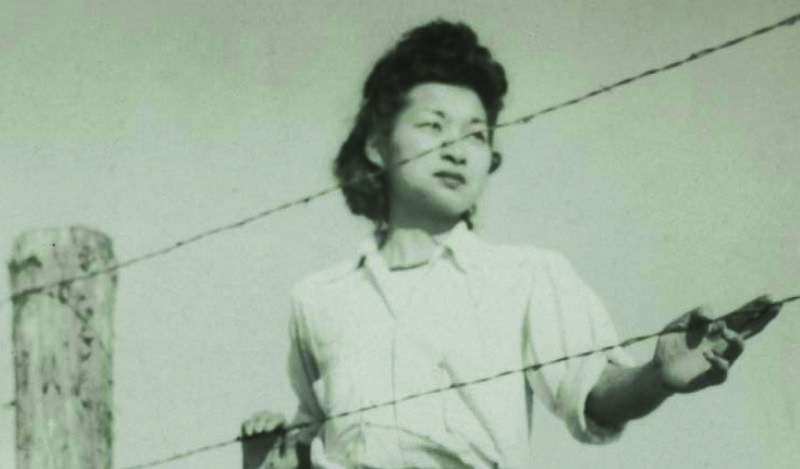Our Shared Future – How Our Racial Past Affects Us Today
All Photos by EMS
The Smithsonian Institution launched a new national initiative on race, Our Shared Future: Reckoning with Our Racial Past. It is quite as it sounds, exploring how race has transformed our lives over the years and how the past connects to the future.
In a media briefing on November 27, hosted by Ethnic Media Services, a panel of experts explored how race has transformed our lives and how past racist events and policies connect to structural inequities in our society today.
Speakers
![]()
- Deborah L. Mack, PhD, Smithsonian Director, Our Shared Future: Reckoning with Our Racial Past, Smithsonian Institution
- Leticia Rhi Buckley, CEO, LA Plaza de Cultura y Artes
- James Herr, Director, National Center for the Preservation of Democracy, Japanese American National Museum
- Michael Truong, Executive Director, Chinese American Museum
Deborah Mack, the associate director for strategic partnerships at the Smithsonian’s National Museum of African American History and Culture, kicked off the briefing speaking about the importance of reckoning with history to understand where we are today and to build a more equitable shared future. She highlighted the surge of interest from organizations and educators in learning how to better articulate and share information about race and its impact on society.
Leticia Buckley, CEO of La Plaza de Cultura y Artes, one of the cultural institutions involved in the initiative, emphasized the importance of talking about our history in order to move forward. She spoke about the role of culturally rooted organizations in addressing the racial past and its impact on society today.
Michael Truong, executive director of the Chinese American Museum, another cultural institution involved in the initiative, spoke about the need to reconcile with the past in order to make it visible. He emphasized the importance of understanding the intersectionality of different racial and ethnic groups in shaping our society.
Jim Herr, director of education and interpretation at the Japanese American National Museum, the third cultural institution involved in the initiative, spoke about the importance of building empathy among communities and the ruling class in order to build bridges and foster collaboration.
The speakers discussed the various ways in which their institutions are working together to address the racial past and its impact on society today. They highlighted the importance of professional development workshops and convenings, as well as public programs and exhibits that explore the transformation of race in our lives.
One example of such a program is a conversation about Chinese and Mexican cooking at the border, which will be part of the initiative. Leticia Buckley spoke about the importance of decolonizing ingredients and bringing together different cultural traditions to create a shared understanding of our history and its impact on our society today.
Deborah Mack emphasized the importance of reaching a wide range of audiences, including K-12 educators who are being punished for raising issues related to race. She spoke about the role of the Smithsonian and its partner organizations in providing resources and support to educators and cultural professionals who are doing this kind of work.
The speakers acknowledged the difficulty of addressing the racial past and its impact on society today, but emphasized the importance of working through the difficulty and pushing forward. They spoke about the need to lead with our hearts and build empathy among communities in order to create a more equitable and just society.
In conclusion, the Smithsonian’s new national initiative on race, Our Shared Future, is a critical effort to address the racial past and its impact on society today. The initiative brings together cultural institutions and educators to explore the transformation of race in our lives and to build a more equitable shared future.
he speakers emphasized the importance of talking about our history, building empathy among communities, and reaching a wide range of audiences in order to create a more just and equitable society. As Leticia Buckley said, “If we don’t talk about our history, we won’t be able to move forward.”


